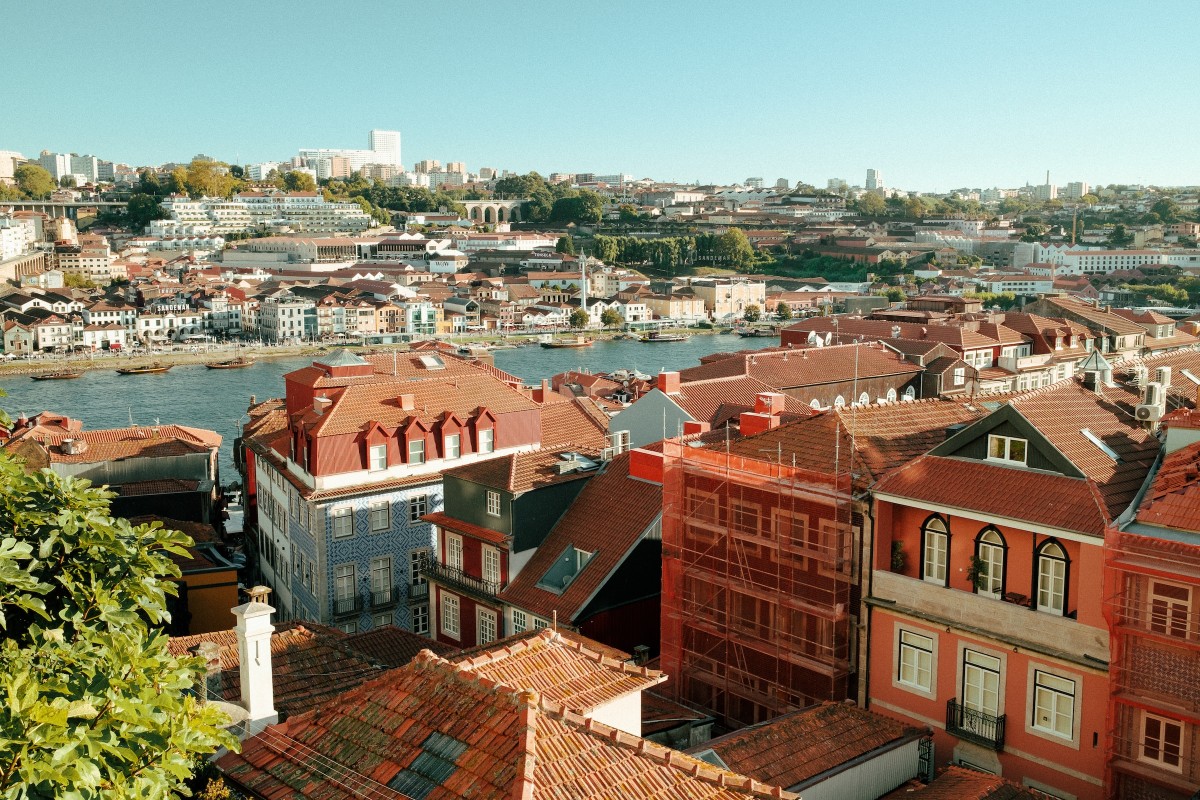
The prices of houses for sale are rising at high speed in several countries in the world. And to curb this increase, some countries have prohibited non-resident foreigners from buying property, as is the case of Canada and New Zealand. But is this a strategy that should be adopted in Portugal, where house prices are also on the increase? Market specialists believe not, and defend other alternatives. Let's find out why banning foreigners from buying property in Portugal is not the solution according to experts.
In Portugal, property for sale is becoming more and more expensive - having risen by around 80 per cent between 2010 and the third quarter of 2022, according to Eurostat. The purchase of homes in Portugal by foreigners - who have a greater financial capacity than the Portuguese - is one of the reasons behind this increase, along with others, like the lack of supply for the high demand.
Could banning foreigners from buying houses in Portugal help ease the rise in house prices? Although this measure is being applied in Canada, and is being considered by the government of the Balearic Islands in Spain, market specialists believe that this is not a solution for Portugal.
"I don't think the housing problem in Portugal will be solved that way and, on the other hand, it would have a very negative impact on the whole economy," says Amaro Laia, director and lecturer of the post-graduate course in Property Management and Valuation at ISEG, quoted by Jornal de Negócios. Júlio Lobão, assistant professor of the Faculty of Economics of the University of Porto, also believes that "measures across the various countries may not be appropriate in a specific context," he told the same newspaper.
It is necessary to look at other alternatives to combat the rise in house prices in Portugal, according to the same specialists, which include the end of tax benefits and tax reduction for international funds and the extinction of gold visas applied to the real estate sector - which is already being evaluated by António Costa's Government.
Another way forward will be greater coordination between the public and private sectors to, for example, rehabilitate public housing, argued Francisco Mota Ferreira, a consultant for private equity funds and investors, quoted in the publication.
Looking at 2023, a slowdown is already expected in the rise in house prices or even a correction of values, given the high inflation and high interest rates on home loans, experts expect. These predictions are in line with those of other rating agencies such as Moody's, which estimates that house prices in Portugal could fall by up to 3 percent in 2023. S&P Global Ratings also predicts that Portugal is one of the European countries that will feel the most intense fall in house prices this year, of -4.4%.